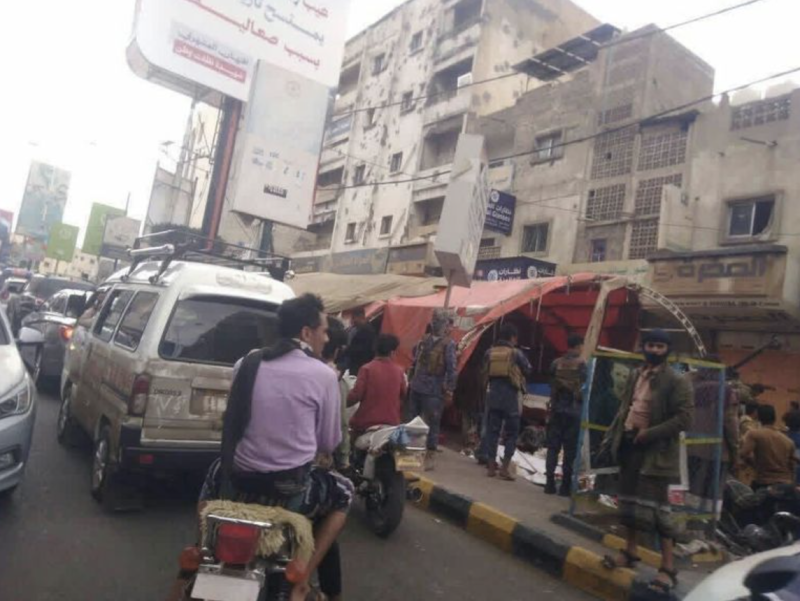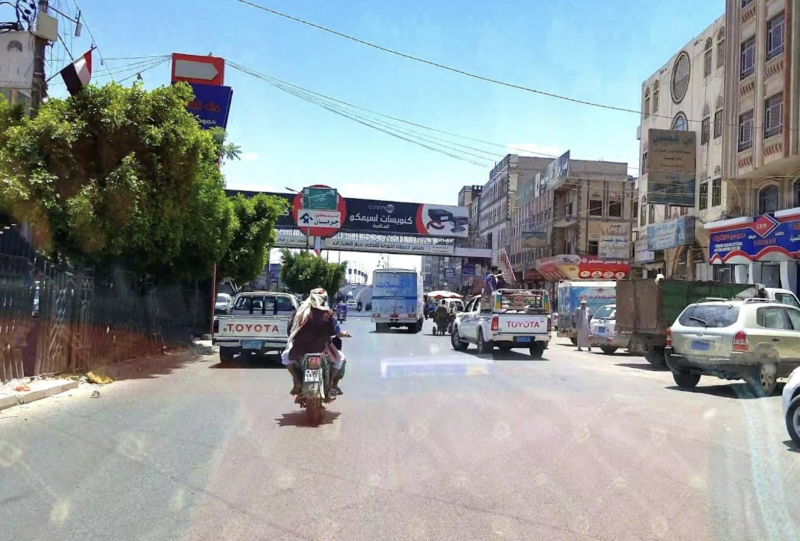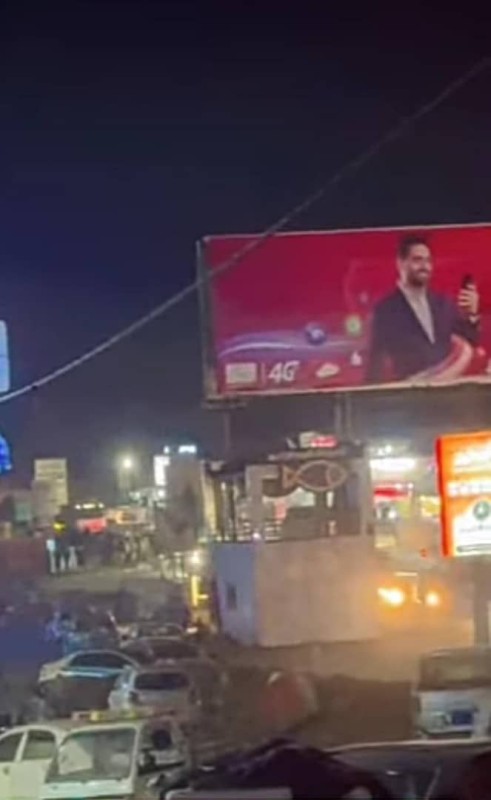Yemen: Investigation Documents the Killing and Injury of Over 150 Civilians in a Houthi Weapons Depot Explosion


A comprehensive investigative report has revealed the involvement of the Houthi group in the devastating explosion that shook the densely populated Safr neighborhood in the capital, Sanaa, on the morning of May 22.
The explosion resulted in the death and injury of more than 150 civilians, including women and children, and caused extensive damage to homes and properties.
The investigation, released by Sam Organization for Rights and Liberties, stated that "the explosion was caused by a weapons depot belonging to the group, stored within a walled courtyard with underground extensions, used for the storage and manufacture of mines and ammunition in a vital residential area, without any security precautions to protect civilians, in blatant violation of international humanitarian law."
The investigation relied on eyewitness accounts, satellite imagery, and audio analysis, which revealed that the materials used in the explosion were highly explosive military-grade substances. Its destructive force was estimated to be between 1,000 and 2,300 tons of TNT, resembling the detonation of ballistic munitions.
Satellite images confirmed that the explosion destroyed a 24-meter radius and its impact extended more than 60 meters. This led to the collapse of dozens of homes and the deaths of entire families, including Rashid Al-Kindi's family, which was wiped out completely, as well as the families of Al-Mahwiti and Al-Wasabi. The explosion also caused casualties among displaced persons who had recently sought refuge in the neighborhood.
According to the investigation, the Houthi group imposed a tight security cordon around the area.
Following the incident, media outlets and relief teams were prevented from accessing the site, and an online campaign was launched to cast doubt on the incident and obscure the facts.
The organization confirmed that there were no indicators of an external attack, suggesting that the explosion resulted from an internal reaction within the depot, caused by the detonation of a warhead or a thermal reaction within an ammunition container.
For his part, Motasim Al-Kilani, an expert in international criminal law, held the Houthi group fully responsible for the explosion, describing the storage of weapons in civilian areas as a "war crime" under Article 8 of the Rome Statute. He emphasized that turning residential neighborhoods into military targets constitutes the use of civilians as human shields.
Sam Organization called for the formation of an impartial international investigative committee to uncover the facts, hold those responsible accountable, and ensure the protection of civilians in Houthi-controlled areas. It also urged the international community to take immediate steps to stop the conversion of residential neighborhoods into military depots.
The exploded depot was located near Zayed Hospital and the Marib Road, a densely populated residential area. It is believed to have been established after similar depots were targeted in 2015.
In a recurring pattern of Houthi use of civilian neighborhoods for military purposes, this represents a systematic violation of the laws of war.

Taiz — Local sources reported Thursday that security forces dismantled protest camps set up along Jamal Street in central Taiz, following a d…

Sana’a — Police in the Yemeni capital announced Wednesday the arrest of two suspects accused of killing a man and his wife on Khawlan S…

Sana’a — Local sources reported that four civilians, including two women and a child, were killed when an armed assailant opened fire o…